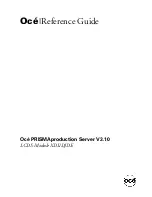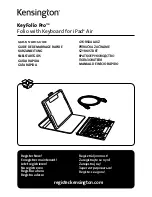
13
4 Mounting
LBR • Two-wire 4 … 20 mA/HART
62273-EN-200520
4 Mounting
4.1 General instructions
Protect your instrument against moisture ingress through the following
measures:
•
Use a suitable connection cable (see chapter "
Connecting to
power supply
")
•
Tighten the cable gland or plug connector
•
Lead the connection cable downward in front of the cable entry or
plug connector
This applies mainly to outdoor installations, in areas where high
humidity is expected (e.g. through cleaning processes) and on cooled
or heated vessels.
Note:
Make sure that the degree of contamination specified in chapter
"
Technical data
" meets the existing ambient conditions.
Note:
Make sure that during installation or maintenance no moisture or dirt
can get inside the instrument.
To maintain the housing protection, make sure that the housing lid is
closed during operation and locked, if necessary.
Note:
For safety reasons, the instrument must only be operated within the
permissible process conditions. You can find detailed information on
the process conditions in chapter "
Technical data
" of the operating
instructions or on the type label.
Hence make sure before mounting that all parts of the instrument ex-
posed to the process are suitable for the existing process conditions.
These are mainly:
•
Active measuring component
•
Process fitting
•
Process seal
Process conditions in particular are:
•
Process pressure
•
Process temperature
•
Chemical properties of the medium
•
Abrasion and mechanical influences
The mounting position and orientation of the sensor must take into ac-
count the limitations in chapter "
For your safety
", "
Radio approval for
USA
" "
Radio approval for Canada
" of this operating instructions.
4.2 Mounting versions, plastic horn antenna
The optional mounting strap allows simple mounting of the instrument
on a wall, ceiling or boom. Especially in the case of open vessels, this
Protection against mois-
ture
Process conditions
Radio license for USA/
Canada
Mounting strap














































